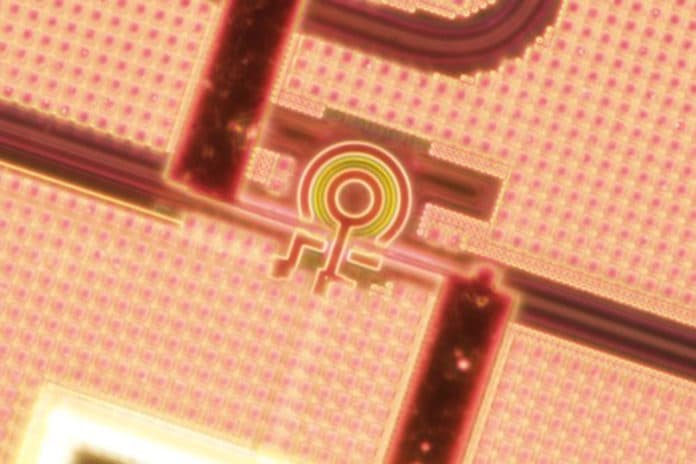Quantum sensing is poised to revolutionize today’s sensors, significantly boosting the performance they can achieve. More precise, faster, and reliable measurements of physical quantities can have a transformative effect on every area of science and technology, including our daily lives. However, most of these schemes are based on special entangled or squeezed states of light or matter that are difficult to detect. It is a significantly challenging task to harness the full power of quantum-limited sensors and deploy them in real-world scenarios.
A team of physicists at the Universities of Bristol, Bath, and Warwick have found a way to operate mass-manufacturable photonic sensors at the quantum limit. They have shown that it is possible to perform high-precision measurements of critical physical properties without the need for sophisticated quantum states of light and detection schemes.
Using ring resonators is a key to this breakthrough discovery. The ring resonators are tiny racetrack structures that guide light in a loop and maximize its interaction with the sample under study. Importantly, ring resonators can be mass-produced in the same way chips in computers and cell phones are.
Alex Belsley, Quantum Engineering Technology Labs (QET Labs) Ph.D. student and lead author of the work, said: “We are one step closer to all integrated photonic sensors operating at the limits of detection imposed by quantum mechanics.”
“Employing this technology to sense absorption or refractive index changes can identify and characterize a wide range of materials and biochemical samples, with topical applications from monitoring greenhouse gases to cancer detection.”
Associate Professor Jonathan Matthews, co-director of QETLabs and co-author of the work, stated: “We are excited by the opportunities this result enables: we now know how to use mass manufacturable processes to engineer chip-scale photonic sensors that operate at the quantum limit.”
Journal Reference:
- Alexandre Belsley et al. Advantage of Coherent States in Ring Resonators over Any Quantum Probe Single-Pass Absorption Estimation Strategy. DOI: 10.1103/PhysRevLett.128.230501
